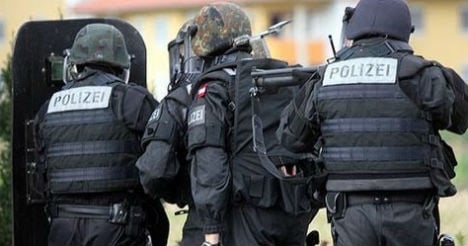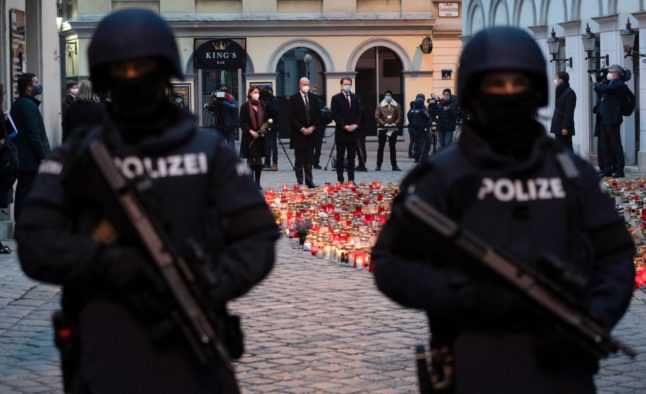Turkish security officials raided the homes of two men in Turkey on December 30th, seizing a laptop containing details of a plan to attack Germany, Austria, Belgium, Britain, France and Turkey at the same time, Turkish officials told Hurriyet Daily News.
A group of 13 men planning to blow themselves up in suicide attacks left the northern Syrian province of Raqqa in accordance with the instructions found on the laptop.
The two men arrested in Turkey were the would-be suicide bombers tasked with the attack in that country.
Photos of potential targets around the capital city Ankara were found on the men's computers, including the courthouse, police HQ, a military school, mosques, shopping malls and two public squares.
Austria’s Interior Ministry said that it received a warning just before Christmas from a friendly intelligence service – which was not Turkish – that potential bomb or gun attacks could take place in areas with large crowds between Christmas and New Year.
Police surveillance of large crowds and main transport hubs on New Year’s Eve was increased, although celebrations continued mostly as normal.
In Germany, Munich’s two main train stations were evacuated on New Year’s Eve and large numbers of officers were deployed around the city in response to the terror threat.



 Please whitelist us to continue reading.
Please whitelist us to continue reading.